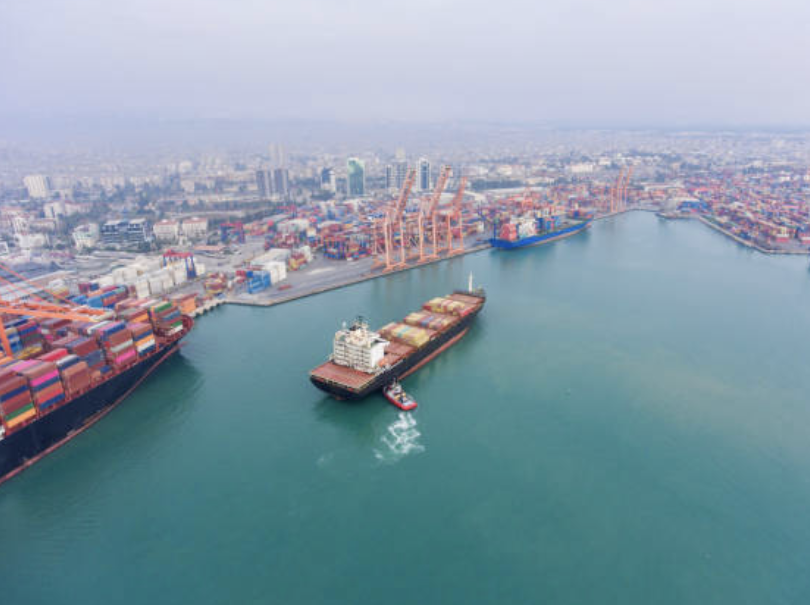
Posted on Friday, November 15, 2024
Below is a comprehensive guide to assist you through the process:
1. Understand Turkish Import Regulations
Turkey's import regulations are governed by the Ministry of Trade and are aligned with European Union standards due to the EU-Turkey Customs Union. Key legislation includes:
2. Determine the Harmonized System (HS) Code
Accurately classifying your roll forming machines under the correct HS code is crucial, as it determines the applicable customs duties and taxes. Consult the Turkish Customs Tariff Schedule or seek assistance from a customs broker to identify the appropriate code.
3. Ensure Compliance with Technical Standards
Roll forming machines are categorized under industrial machinery and must comply with Turkish technical standards, which are harmonized with EU directives. Specifically, the Machinery Directive 2006/42/EC applies, requiring:
4. Prepare Necessary Documentation
Ensure all required documents are prepared accurately:
Additional certificates may be required depending on the specific machinery and its applications.
5. Utilize the Risk-Based Trade Control System (TAREKS)
Turkey employs TAREKS to conduct safety and quality checks on imported goods electronically. Importers must register and obtain approval through TAREKS before customs clearance.
6. Engage a Licensed Customs Broker
Navigating Turkish customs procedures can be complex. Engaging a licensed customs broker familiar with Turkish import laws can facilitate the process, ensuring compliance and efficient handling of documentation and procedures.
7. Be Aware of Import Duties and Taxes
Importing machinery into Turkey may be subject to:
Accurate classification and valuation are essential to determine the correct duties and taxes.
8. Plan for After-Sales Service Requirements
Certain machinery imports require the importer to provide after-sales services, including maintenance and spare parts availability. Ensure compliance with these obligations to avoid potential penalties.
9. Stay Updated on Regulatory Changes
Import regulations can change. Regularly consult official Turkish government sources or legal advisors to stay informed about any updates affecting machinery imports.
By following this guide and ensuring compliance with all relevant regulations, you can facilitate the successful importation of roll forming machines into Turkey.

Used Purlin Roll Forming Machines for Sale Worldwide
Posted on Sunday, January 25, 2026
Pre-Owned Roll Forming Machines for Purlin & Structural Steel Profiles

Used Roof Panel Roll Forming Machines for Sale Worldwide
Posted on Sunday, January 25, 2026
Pre-Owned Roll Forming Machines for Roofing Panel Production

Used Roll Forming Machines for Sale Worldwide
Posted on Tuesday, January 20, 2026
Pre-Owned Roll Forming Machines with Inspection, Verification & Global Support

Steel Coil Supply for Roll Forming Machines Worldwide
Posted on Tuesday, January 20, 2026
Reliable Steel Coil Supply for Roll Forming, Fabrication & Manufacturing Applications
Copyright 2026 © Machine Matcher.